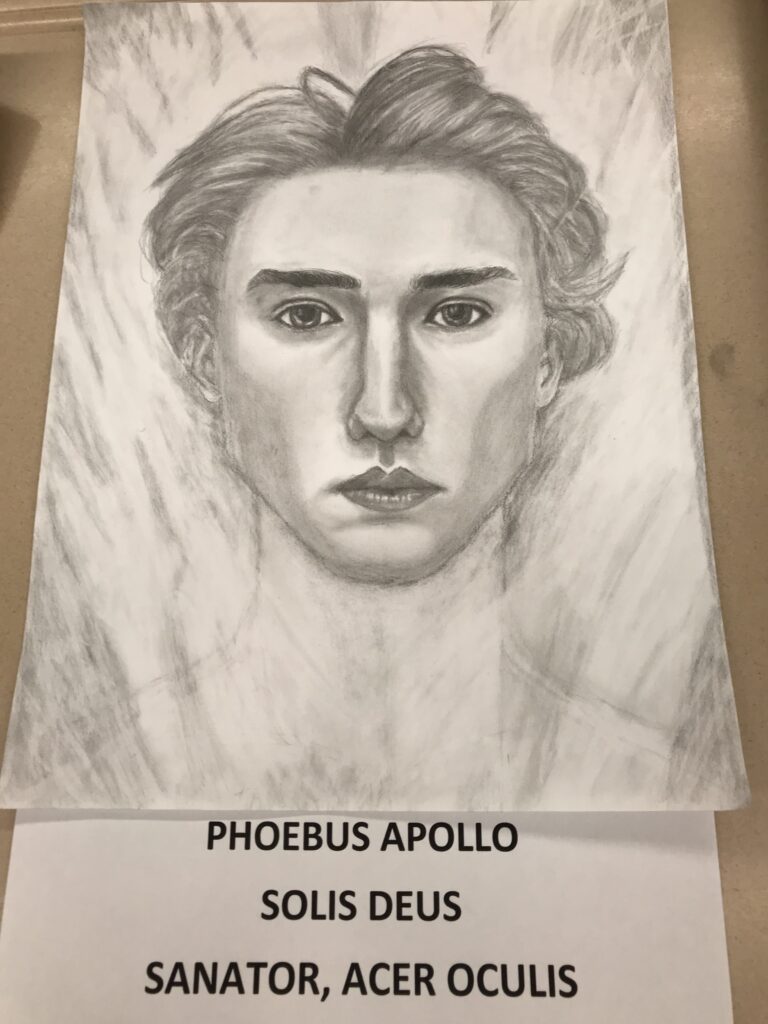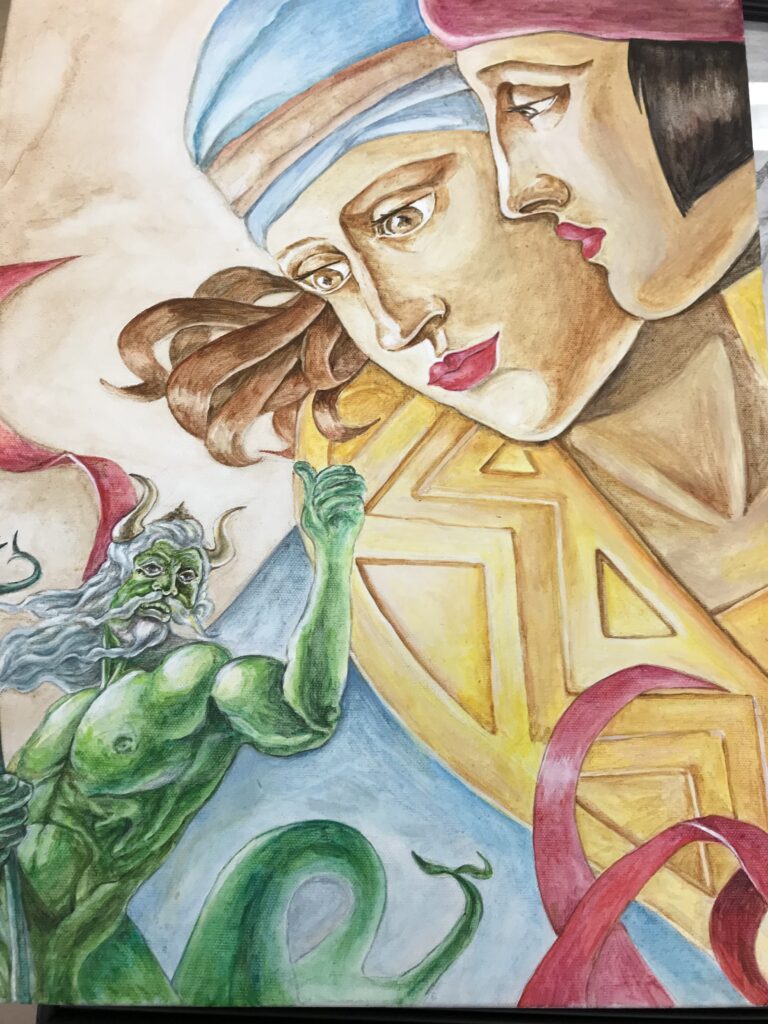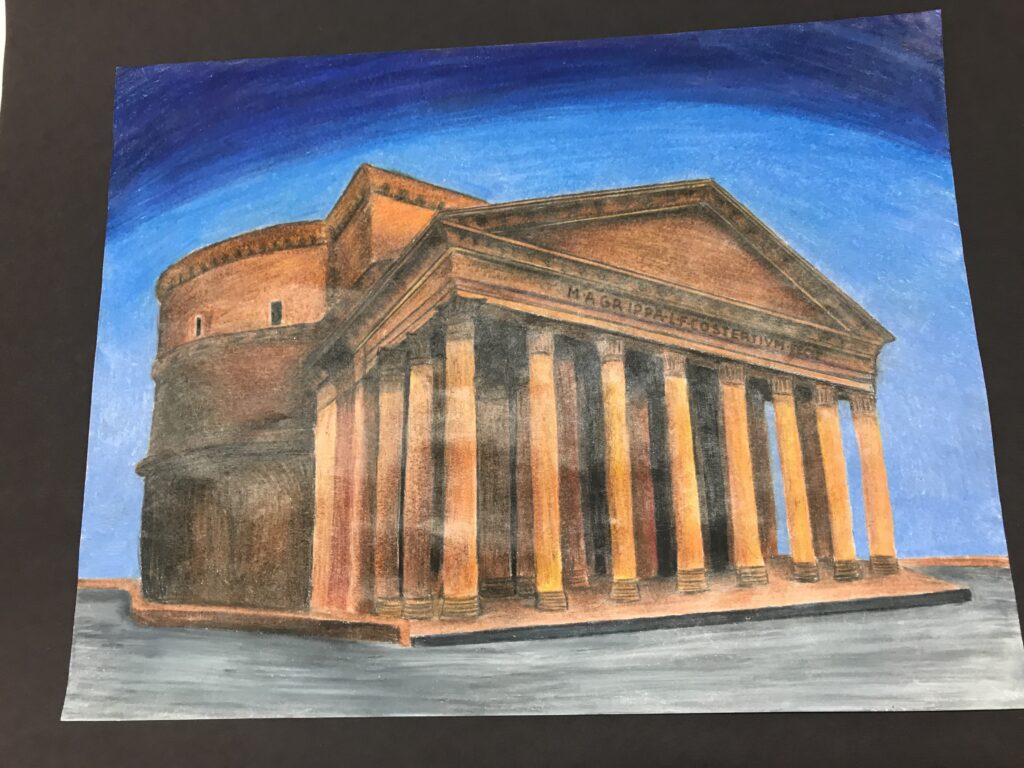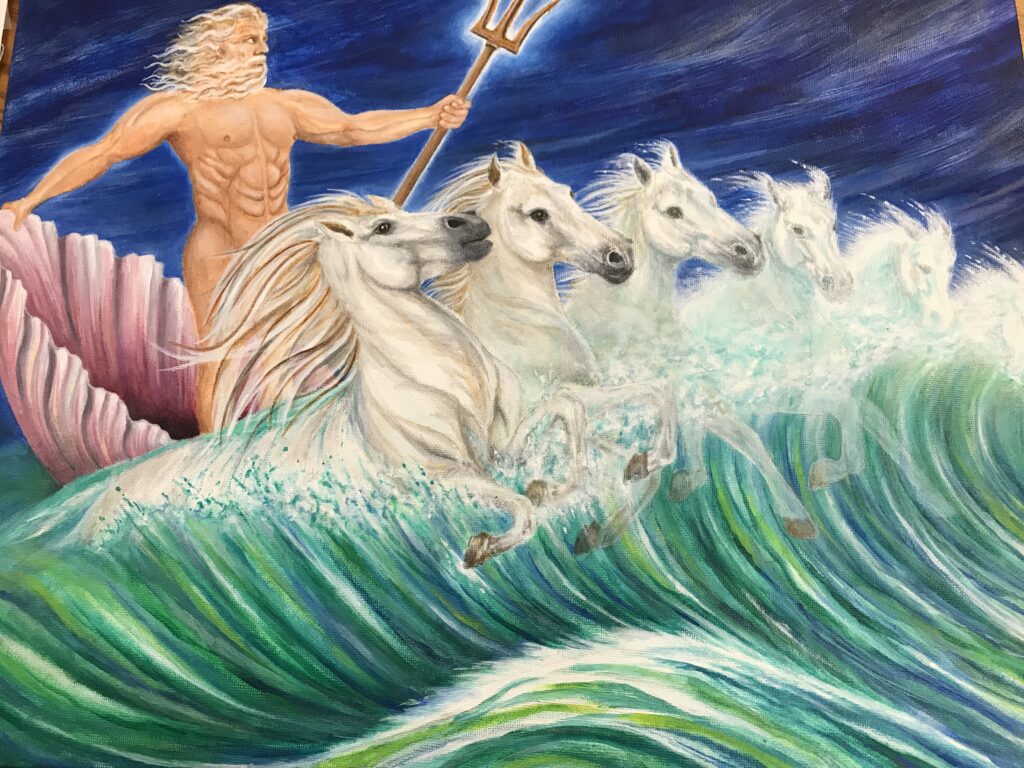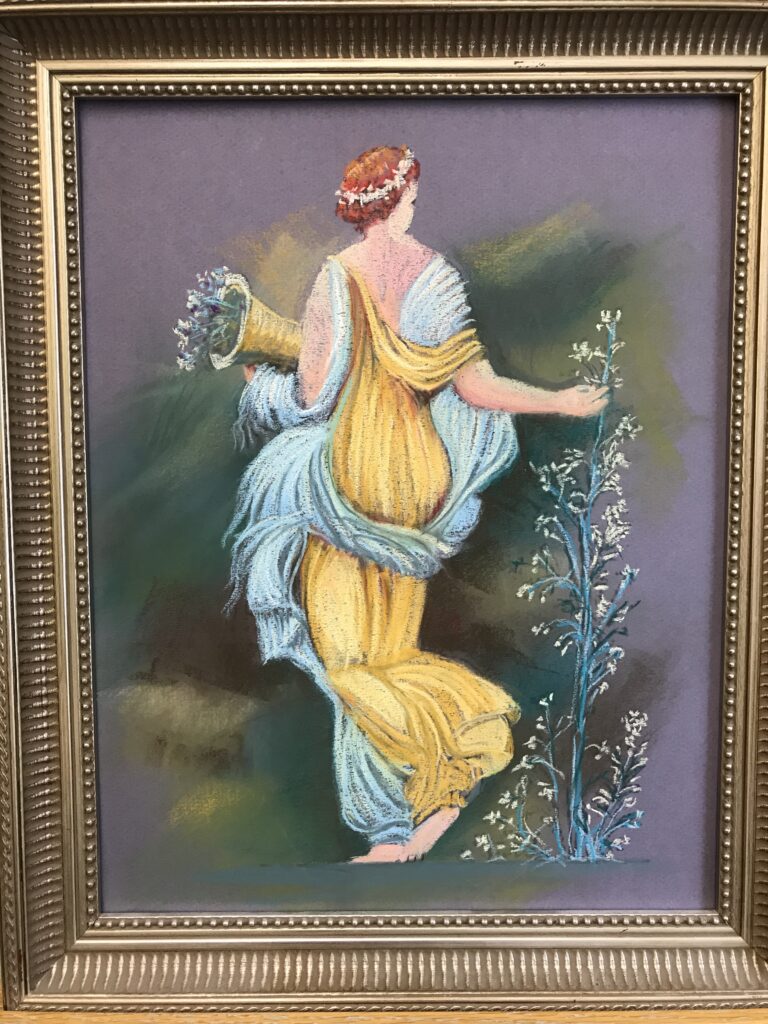Call for Proposals: 2023 Annual Meeting
The Classical Association of the Atlantic States
Dates: October 5-7, 2023
Venue: The Inn at Penn, Philadelphia, PA
**The assessment process has been completed and decisions will be communicated the week of May 8th.**
**CAAS 2023 Annual Meeting open period for submissions is now closed.**
Deadline for all proposals (individual papers, panels, workshops): February 13, 2023 (11:59 p.m. EST)
We invite individual paper, panel, and workshop proposals on all aspects of the classical world and its afterlife. Especially welcome are submissions that propose groundbreaking approaches to established scholarly debates on classical antiquity; that aim at maximum audience participation and integrate the interests of K-12 and college faculty; that explore new strategies and resources for improved and inclusive teaching; that share fresh ideas about communicating the importance of ancient Greece and Rome beyond our discipline and profession; and that reflect on the past, present, and future of Classical Studies in the CAAS region.
The meeting will take place at The Inn at Penn. The Jerry Clack memorial lecture will be delivered by Professor Yannis Hamilakis (Brown University) at the Penn Museum in the evening of Friday, October 6.
CAAS Presentation Awards: CAAS is delighted to announce monetary awards in four different categories for papers that will be accepted and read at the annual meeting: best post-Ph.D. paper; best graduate paper; best undergraduate paper; and best K-12 presentation. Selection criteria will be announced after the circulation of the first draft of the program.
CAAS Conference Travel Subsidies: CAAS offers generous travel subsidies (up to $600) to successful submitters and members planning to attend the meeting who can demonstrate a need for funds. Call for applications will be announced in late Spring 2023.
SUBMISSION DETAILS
Eligibility to submit a proposal: All submitters must be members of CAAS when they submit their proposal. The CAAS membership year is January 1-December 31. Organizers of panels and workshops must verify participants’ membership status before submitting the proposal. If the submission is accepted for presentation, prior to the annual meeting all speakers and organizers must register and pay the registration fee.
Single appearance policy: Each submitter must not submit more than one abstract (whether single- or co-authored). Authors of individual paper proposals cannot simultaneously submit an abstract as part of a panel or workshop proposal. Panel and workshop organizers should ensure that participants in their proposed sessions do not appear anywhere else on the program. Serving as the presider of a paper session appointed by the Program Coordinator is not treated as an appearance on the CAAS Program.
All presenters are expected to attend the meeting and deliver their paper in person. In case of an emergency, presenters who are unable to attend in person must inform their presiders and Program Coordinator, Konstantinos P. Nikoloutsos, as soon as they can and explore alternative ways of delivering their paper (e.g., having their paper read by another CAAS member attending the meeting or presenting their paper virtually). Authors of accepted individual papers are required to send a draft of their presentation and a copy of their handout or PowerPoint to their presiders by/on Monday, September 25, 2023.
Individual Paper Proposals must be no more than 15 minutes in length. Submissions must be uploaded as an Adobe Acrobat (.pdf) file of no more than 300 words and must:
- Include a clearly indicated thesis and original contribution(s) made by the presentation, situating it in a larger scholarly context. The Program Committee expects to see this in the introductory paragraph.
- Be accompanied by a bibliography of five items (not included in the word limit). The expectation of the Program Committee is that submitters incorporate these references into the abstract (using parenthetical citations) in order to build the argument, rather than just listing them at the end of the abstract. A couple of major/recent publications (depending on the topic of the presentation) should feature in the bibliography.
- Be anonymous. The author’s name should not appear anywhere in the submission except when citing a publication by the author, which should be done in the third person. Abstracts that include the names and/or institutional affiliations of their authors will be rejected automatically.
If you are an undergraduate student, please first select “Individual” under Type of Submission and then “Undergraduate Paper.”
Presenters planning to use PowerPoint or other visual aids will need to bring their own laptop to the meeting. CAAS is able to supply a screen and a digital light projector. Presenters will also need to bring their special adapter plug to connect their laptop to the projector.
Panel and Workshop Proposals may be 2 or 2 ½ hours in length, depending on the number of speakers. Submissions must be uploaded as an Adobe Acrobat (.pdf) file of no more than 700 words and must include:
- The title of the session and titles of each individual presentation.
- A description that clearly indicates the thesis and original contribution made by the panel or workshop, situating the proposal in a larger scholarly context.
- Brief abstracts of the individual presentations.
- A bibliography of five items (not included in the word limit) following each of the abstracts included in the proposal. The expectation of the Program Committee is that participants in the panel or workshop proposal incorporate these references into their abstract (using parenthetical citations) in order to build the argument, rather than just listing them at the end of their abstract. A couple of major/recent publications (depending on the topic of the panel/workshop) should feature in the bibliography.
Panel and workshop proposals must be anonymous. The names of those involved in the proposal — organizer, presenters, and respondent (if any) — must not appear anywhere in the submission except when citing a publication by them, which should be done in the third person. Abstracts including the names and/or institutional affiliations of the organizer, presenters, and respondent will be rejected automatically.
Panelists planning to use PowerPoint or other visual aids will need to bring their own laptop to the meeting. CAAS is able to supply a screen and a digital light projector. Panelists will also need to bring their special adapter plug to connect their laptop to the projector.
All authors of paper and panel presentations, presiders/co-presiders are advised to read the CAAS Anti-Racism Committee statement on condemning the use of the texts, ideals, and images of the Greek and Roman world to promote hateful ideology.
For academic questions, please contact CAAS Program Coordinator Konstantinos P. Nikoloutsos (knikolou@sju.edu). Please contact Webmaster Jennifer Ranck (webmaster@caas-cw.org) with technical questions regarding submission.


